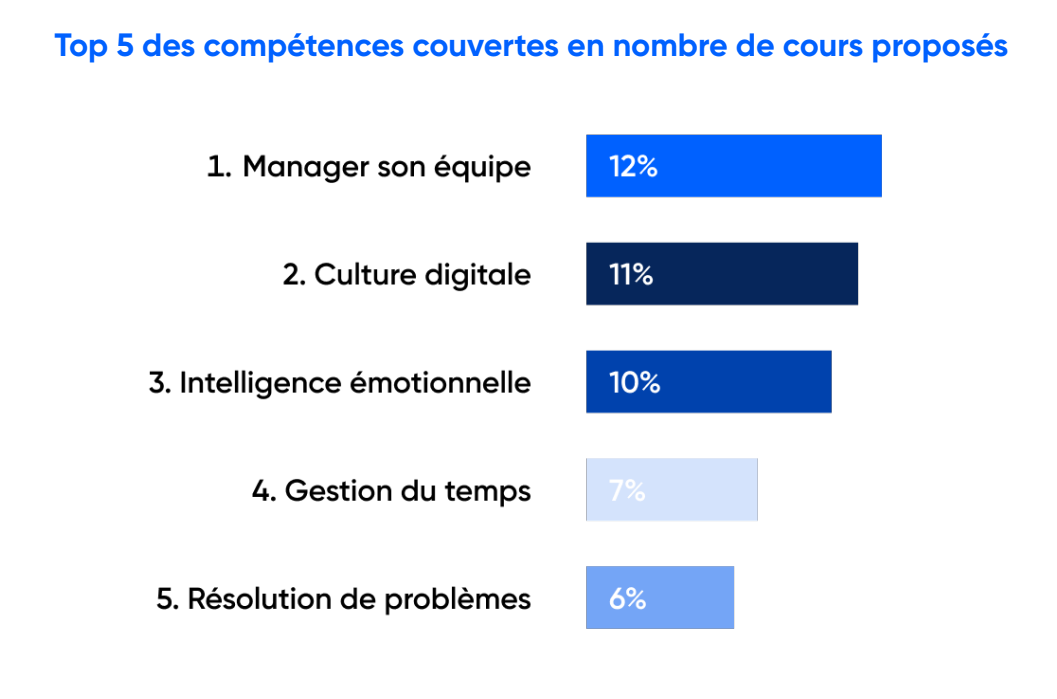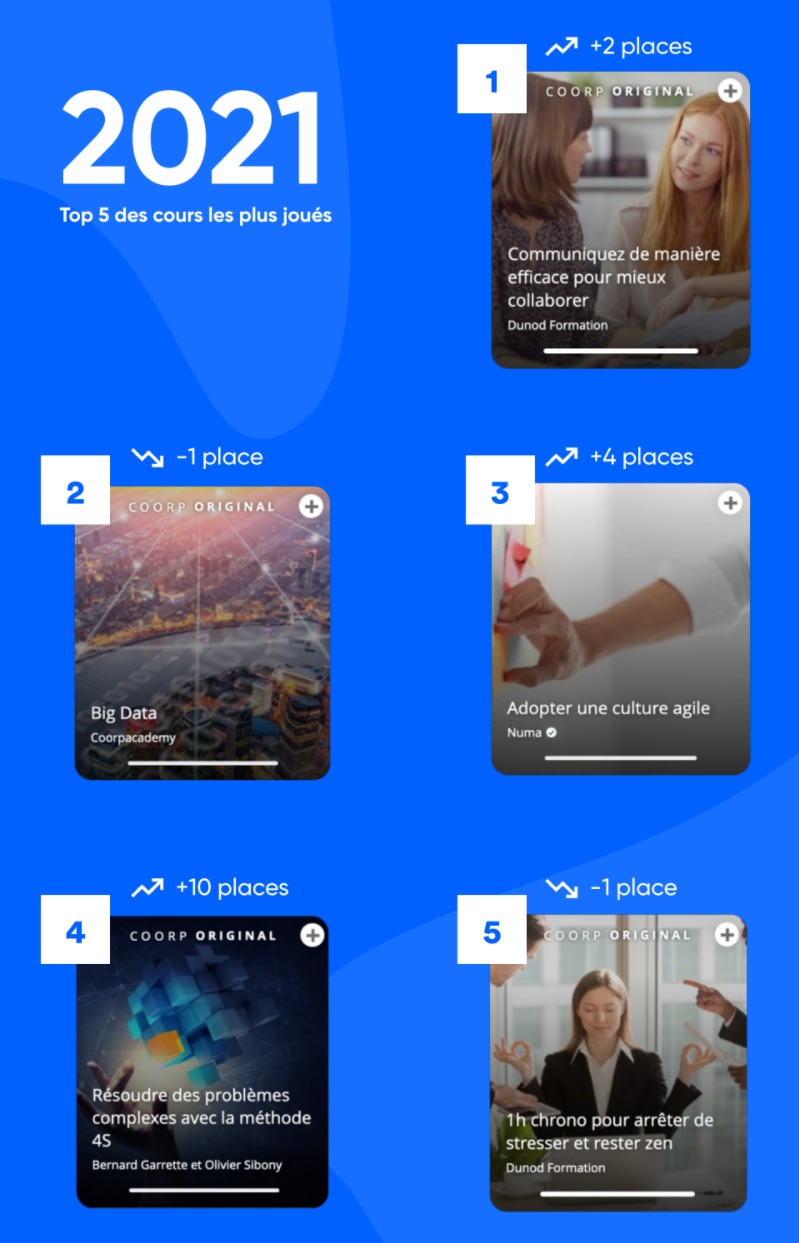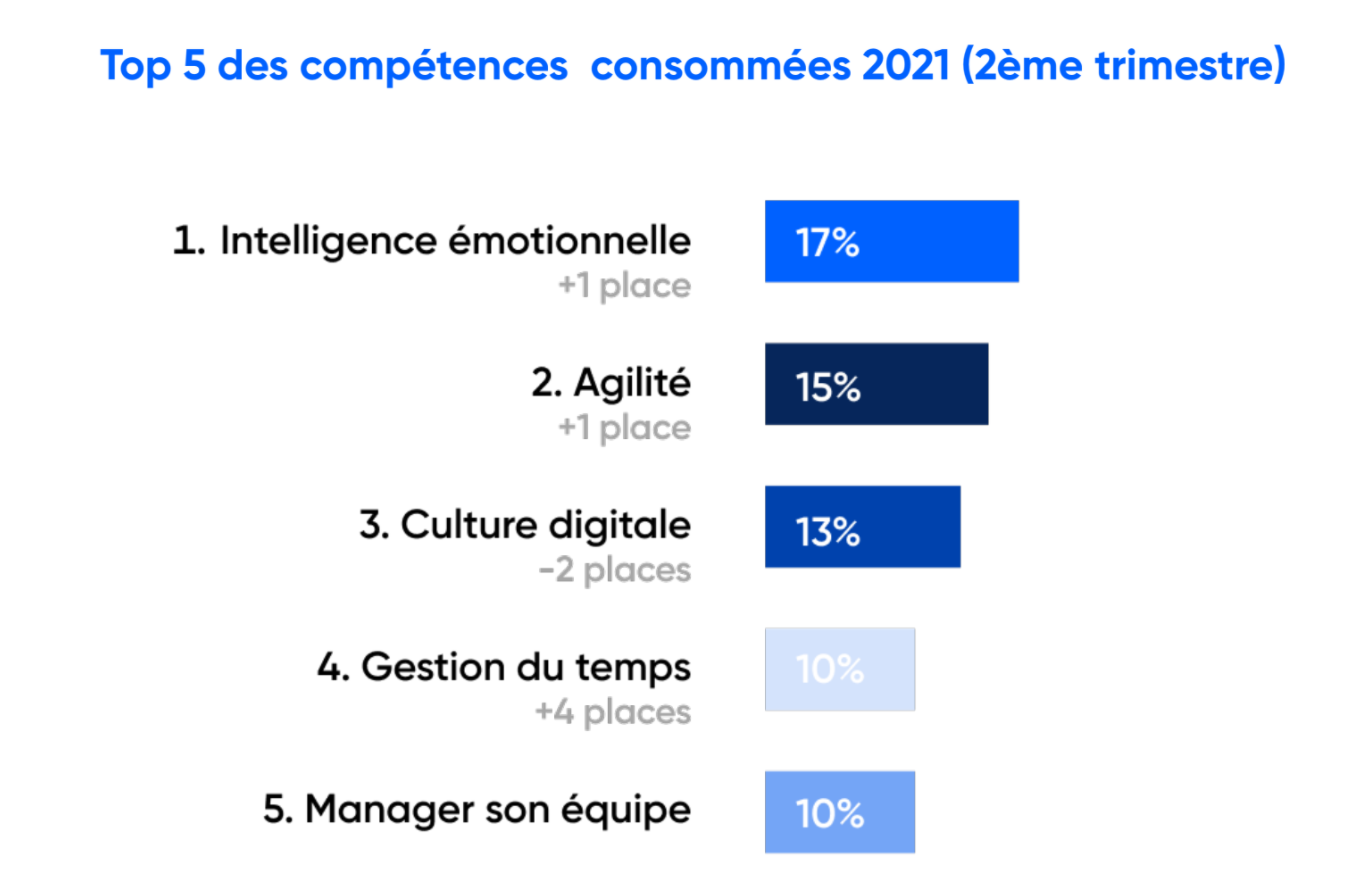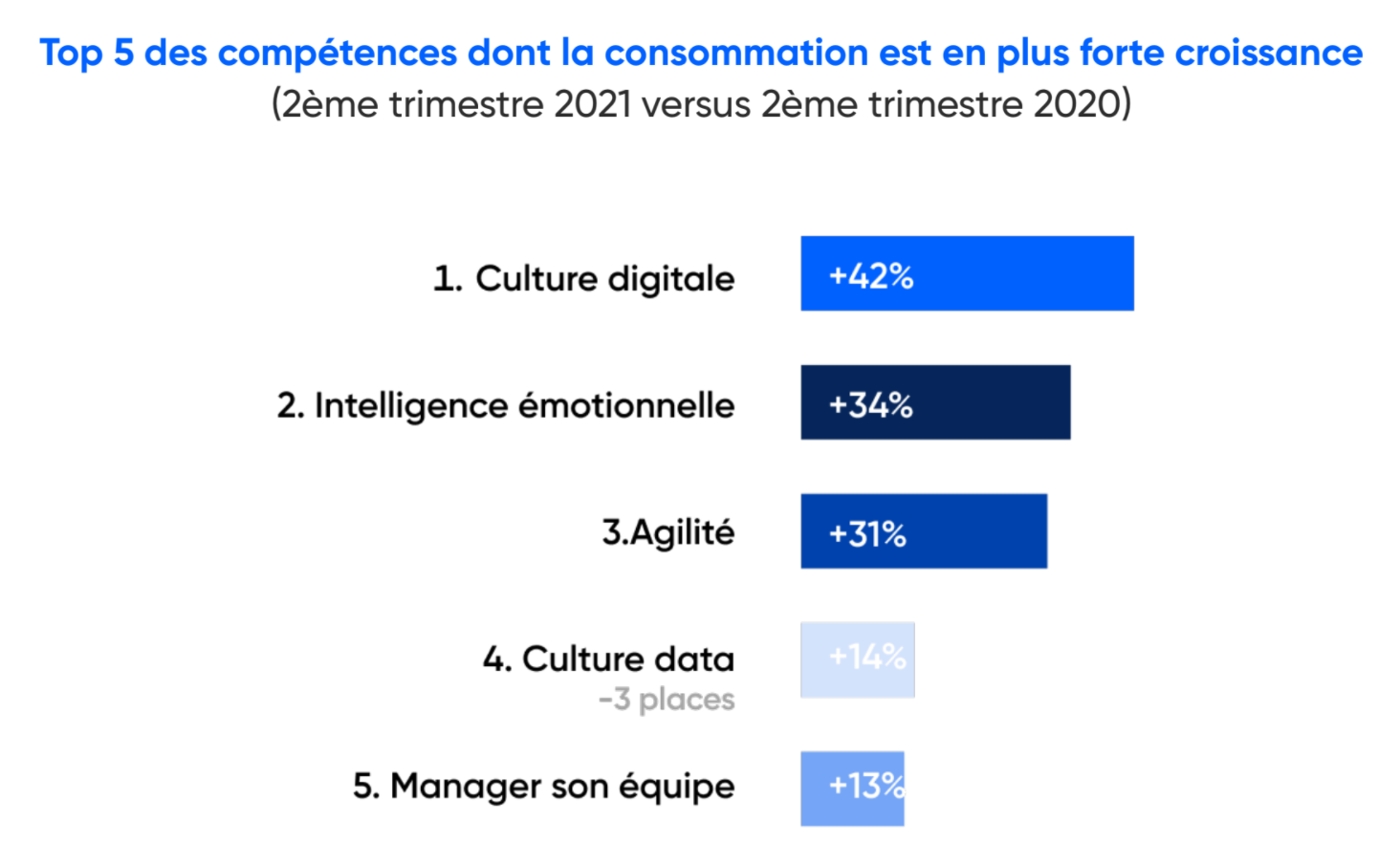The game gradually began to slow down as they came out of the opening phase without having made a single mistake and entered a tight middle game, each having lost a knight and a bishop, with their kings well protected and no holes in any position… Negotiation can sometimes resemble the famous Netflix series, the Queen’s Gambit. Everyone is protecting their king and no one wants to end up with checkmate.
Negotiation processes are becoming more and more complex, often with a host of interlocutors to convince. The chess game becomes a tournament, where the stakes can be raised several times. Therefore, training in negotiation techniques is essential, in order to know simple techniques to implement to win the game.
The “Become a Great Negotiator” playlist includes lessons that will help you boost the negotiation skills of your teams. Agenda, plan B, haggling, managing emotions and toxic subjects, pauses and silences… This playlist is full of tips to know how to conduct your negotiation masterfully. Aimed at a wide audience, these courses will provide your employees with the essential basics to negotiate in all situations.
So essential that we have selected 5 principles that no one can ignore for a successful negotiation, and these pro tips are directly issued from the “Become a great negotiator” course playlist:
The plan B
In your negotiation you always want to keep the advantage, but it is possible to face a wall. That’s the whole point of your Plan B, which is there to make you stronger… in the negotiation of Plan A! Just as a game of chess can sometimes go against one of the players, the winner will be the one who is several moves ahead. Plan B is what you plan to do if you can’t reach agreement on Plan A. It must be concrete, unilaterally feasible and satisfactory, regardless of the current negotiation. Do not hesitate to disclose it whenever you need to, for example when your interlocutor, aware of a crucial deadline for you, intentionally shifts the discussions to increase the pressure on you.
Leading the discussion
Negotiations are often conducted with several people, unlike chess games. In a multiparty negotiation, you should make sure that you discuss with the strongest players first. This way, you can be sure that the agreement reached will not be questioned. This is also a way to get the minor players on board. In a chess tournament, the strongest players are the ones who will be the hardest to beat.
But be careful! In a partnership with several partners, it is necessary to identify the most important interlocutors and to negotiate with them first, without offending the others. This is the only way to avoid any form of pressure from your minor partners.
Negotiate on principles, not positions
Like Beth Harmon in The Queen’s Gambit, anticipate! As a preventive measure, before starting the negotiation, systematically prepare yourself to have to explain the principles underlying each of your positions. Thus, you always begin by presenting the principle(s) that underlie your position, i.e. the reasoning that justifies it. Your counterpart will then have less time to prepare a response to this position, and will instead react to the reasoning.
And what if the opponent sees through your game? If he analyzes everything in detail and asks you to justify this or that point? Don’t be impatient! Keep your cool, don’t get overwhelmed like Beth did by getting depressed and drinking. Stick to the facts, avoid interpretation and present the proposals from the point of view of your partner’s interests.
Leading the meeting
In chess, as in poker, the attitude of the player is as crucial as his game. The expression “poker face” testifies to this. Emotions are put aside and the affective dimension does not pull any strings in the game. Conversely, in negotiation, the emotional dimension is very present before, during and after the game. But this is a trap, as negative emotions are contagious and can cause the discussion to fail. It is therefore necessary to keep business and emotions separate!
Nevertheless, unlike chess, cooperation is the most effective dynamic in negotiation. Indeed, if you treat your partner as an adversary, he will act like one and this can put obstacles to reaching an agreement.
Negotiation is one of the trickiest aspects of business and few people can claim to be true negotiators. But the good news is that negotiating is a skill that can be learned! Whether you’re negotiating deals with Chinese investors or discussing who’s going to cook tonight, the principles of negotiation are the same.
Find out how to become a great negotiator :




